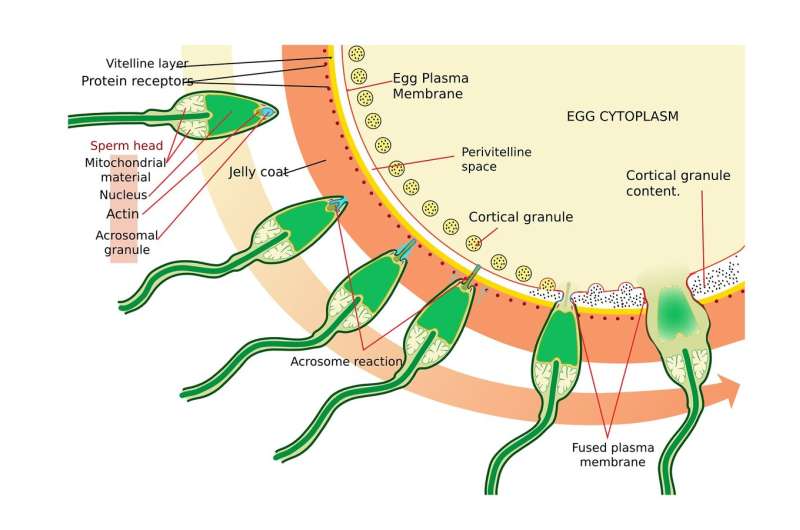Epigenetic Interplay Influences Cell Development and Disease Progression

New research uncovers how two epigenetic markers work together to regulate cell development and their implications in neurodevelopmental and blood cancers, opening new therapeutic possibilities.
Recent research by scientists at Case Western Reserve University has shed light on how two key epigenetic markers collaborate to determine cell fate and their implications in disease development. Epigenetic markers are molecular tags that regulate gene activity without altering the DNA sequence, playing a vital role in normal development and the manifestation of diseases such as neurodevelopmental disorders and cancer.
The study, published in Science Advances, explored the combined effects of H3K79 methylation and H3K36 trimethylation, two critical epigenetic modifications. Researchers used advanced genetic engineering techniques to selectively remove these enzymes responsible for adding such marks, both individually and together, in stem cell models. While the loss of each mark separately resulted in minor changes, the simultaneous removal caused a dramatic over-activation of genes, effectively blocking the cells from developing into neurons.
This counterintuitive finding revealed that, instead of facilitating gene activation, these epigenetic marks serve a balancing function. When both are turned off, genes become overly active, disrupting normal cell programming. Dr. Kaixiang Cao, the study’s principal investigator, explained that this over-activation indicates a synergistic relationship wherein these markers collectively maintain proper gene regulation.
Moreover, the research uncovered potential clinical applications, especially in leukemia. The absence of these methylation marks was linked to improper differentiation of blood stem cells, contributing to leukemia development. The study suggests that targeting the overactive YAP-TEAD pathway, which becomes over-responsive when methylation markers are missing, might provide a promising therapeutic strategy. Drugs modulating this pathway are already in clinical trials for other cancers, and could be repurposed for specific leukemia cases with epigenetic dysregulation.
This work advances our understanding of epigenetic mechanisms and opens new avenues for treatment development. The collaborative efforts included researchers from Fudan University in Shanghai and contributions from genetic and cancer genomics experts. The findings emphasize the importance of epigenetic balance in cell fate decisions and highlight potential targets for innovative therapies against cancer and developmental disorders.
Source: https://medicalxpress.com/news/2025-08-epigenetic-duo-cell-fate-disease.html
Stay Updated with Mia's Feed
Get the latest health & wellness insights delivered straight to your inbox.
Related Articles
Rising Mortality Rates in Children with Leukemia from Socioeconomically Disadvantaged Neighborhoods
Children with leukemia from the lowest socioeconomic neighborhoods face significantly higher mortality risks. A recent study highlights socioeconomic disparities affecting pediatric cancer survival and emphasizes the need for targeted interventions.
Co-Designed School Strategies to Support First Nations Youth with Type 2 Diabetes
A groundbreaking study proposes collaborative, culturally responsive school-based strategies to support First Nations youth living with type 2 diabetes, aiming to reduce stigma and improve management through community-led approaches.
Understanding Semen Allergies: A Hidden but Common Condition
Semen allergies, known as seminal plasma hypersensitivity, affect many women and can cause symptoms from mild irritation to severe reactions. Learn about symptoms, diagnosis, and treatment options for this hidden condition.



